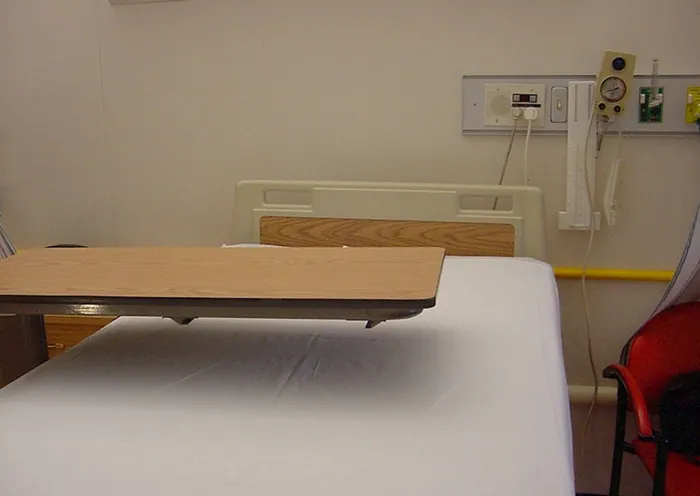NHI ‘could make SA richer’

The Health Professions Council of SA (HPCSA) has blamed itself for allowing a bogus neurosurgeon to practise at South African hospitals. The Health Professions Council of SA (HPCSA) has blamed itself for allowing a bogus neurosurgeon to practise at South African hospitals.
Not only will the economic benefits offset the cost of an additional tax burden, but the National Health Insurance (NHI) scheme could, in fact, make South Africa richer.
This is the finding of a newly released study by KPMG, which sought to answer the question: “Is NHI affordable?”
The research undertaken by the firm’s health-care team, which began in October, argues that implementing the scheme would increase productivity, swelling the gross domestic product (GDP) per capita by as much as R2 210 – depending on the tax scenario.
KPMG set out to model three tax options: to fund NHI wholly from personal income tax, value-added tax (VAT) or sin taxes.
Cosatu spokesman Patrick Craven has been quoted as being vehemently opposed to a VAT increase, believing instead that tax should be proportionate to income.
Sven Byl, head of the KPMG health-care unit, said on Friday that the firm had investigated whether the economic benefit of investing in health care outweighed the cost of increased taxes needed to fund the NHI over the rollout period of 2012-2025.
“Implementing the NHI could improve the health of the population, which in turn can increase productivity, expand the GDP and make the country more prosperous – even after taking into account the cost of funding it.”
According to the research document titled, “Funding NHI: A Spoonful of Sugar?”, the government’s policy paper “sets out a compelling vision” to tackle a health-care system challenged by poor infrastructure, resource constraints, access and quality of service delivery. The firm calculated that the NHI’s roll-out would cost an average of R10.4 billion a year more than is now spent on public health care.
Income tax would rise from 21.8 percent to 22.9 percent and VAT from 14 percent to 14.8 percent. If the scheme was to be funded by sin taxes, smokers would have to fork out an added R4.47 for a box of 20 cigarettes, while wine would cost an extra 80 cents a bottle and spirits R12.82 more.
“Estimates show that a one-year increase in a (healthier) nation’s average life expectancy can increase GDP per capita by 4 percent in the long run… labour force productivity can increase between 20 and 47.5 percent,” the study states.
The catch, however, is that the positive economic spin-offs are dependent on how quickly and how well the NHI is implemented.
It is expected to be implemented in April next year. - The Mercury